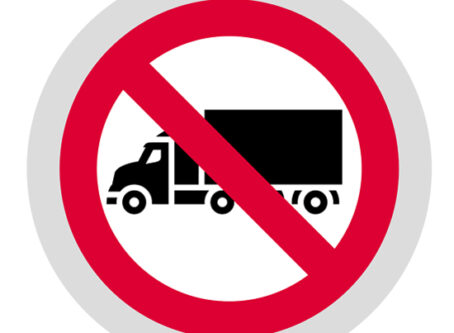ELECTION 2018: Washington state voters to decide on carbon fee, 14-cent fuel tax boost
Voters in Washington State will decide in two weeks whether to implement a fee collected on carbon emissions.
Approval of Initiative 1631 on the Nov. 6 ballot would impose a first-of-its-kind fee or tax on carbon emitters. The fee would be imposed on carbon content of fossil fuels sold or used in the state and electricity generated or imported into Washington State.
Starting in 2020, the fee would be levied on the largest carbon emitters. The fee is described as an aggressive policy to combat climate change that charges polluters for the right to emit carbon dioxide and other greenhouse gases.
The carbon fee would start at $15 per metric ton of carbon. It is estimated the levy would add about 14 cents to each gallon of fuel. The fee would increase annually by $2 per ton of carbon emission, plus the rate of inflation.
According to estimates, the levy would generate about $2.2 billion in its first five years.
The revenue would be invested into a new fund to support projects designed to accelerate the state’s transition away from fossil fuels.
In 2035, the fee is projected to reach $55 per ton. At that time, state lawmakers could either freeze it or vote to continue its regular increase.
2016 vote
The effort marks the second time in three years that voters will decide whether to put a price on carbon emissions.
In 2016, Washington State voters voted against Initiative 732 to reduce fossil fuel consumption and greenhouse gas emissions. The tax would have been applied on the sale or use of certain fossil fuels and fossil-fuel-generated electricity.
The question called for setting the carbon emission tax at $15 per metric ton in July 2017. The tax would have increased to $25 one year later. Each year thereafter the tax would have increased by 3.5 percent plus inflation until the tax reached $100 per metric ton.
To ease the financial hit to voters the initiative called for reducing the state sales tax by 1 percent, increase a low-income exemption, and reduce certain manufacturing taxes.









